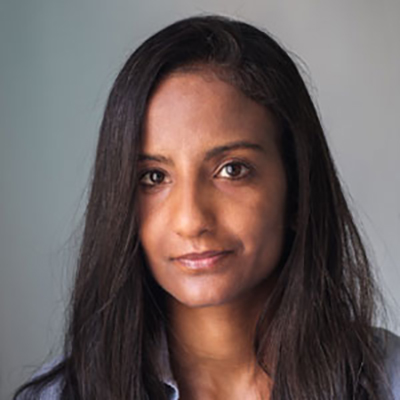
Yakira Nunez
"When girls see women in leadership roles, they are encouraged to
pursue the same path. Statistically, there are fewer women in these
positions. Young women need to know that their ideas matter, their
perspective matters, and their voices matter. It is important that
they understand just how far their ambitions can take them."
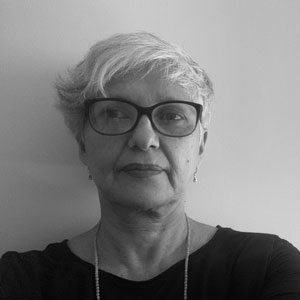
Teresa DeVivo
"The women in our city government are a testimony to the changes
that are taking place here in NYC. It has been fascinating to
interview former and current Council Members who have truly had a
positive, multiplier effect on other women."

Jophiel Astorga
"Women face tremendous barriers and push back when they pursue any
leadership positions and it is important to analyze the journey they
take to get to these important positions. These analyses can provide
a clearer map on the impact that women have in leadership positions
but also how we can continue to improve and promote a more equitable
workforce."
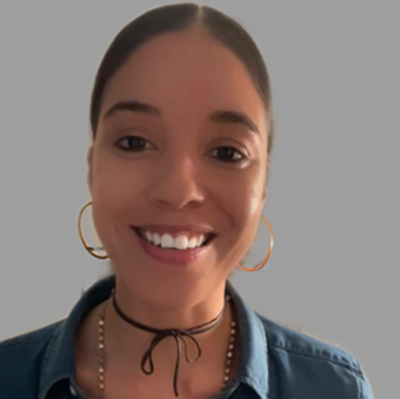
Maria Fonseca Morales
"Women are often targeted and undermined by a system that protects
the status quo. I love the idea of writing and creating historical
artifacts that will document this current moment in history as women
position themselves in leadership positions and as the city of New
York experiences a boom in the involvement and representation of
women it politics."

Josue Mendoza
"Time after time women have made a huge positive difference in the
world. We can learn from their strength, persistence, intelligence,
and the influence they have. Times are changing and it's exciting to
see women and women of color/minorities become more of our leaders."
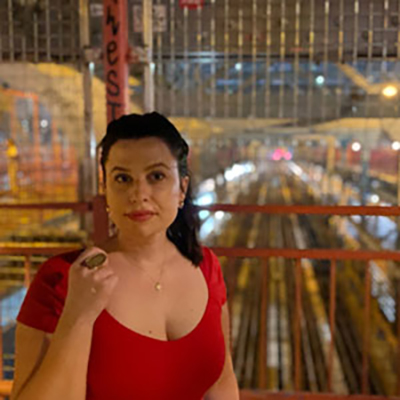
Kaja Conrad
"I think it is important to study women in leadership because we get
insight into the struggles they may still face in historically male
annals of power, and see how they overcome those struggles and
perform effectively in the face of adversity. It is important for
subsequent generations of women to know as much about those who came
before them as possible, so they can prepare and continue to fight
for themselves and each other."
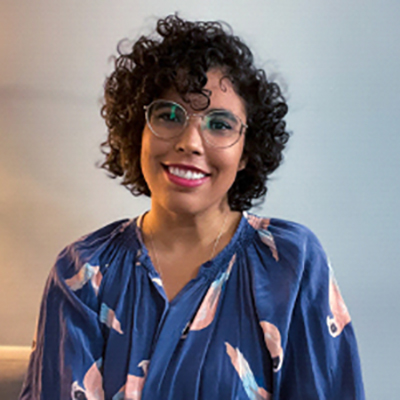
Samantha Moura
"Overall, women are underrepresented in governmental positions
because our patriarchal society raises them to be caregivers,
oppresses them into undervaluing themselves, and discourages them at
a young age from pursuing leadership positions. I joined this
project because prejudice and oppression have impacted women's
self-esteem, causing them to underestimate their abilities in higher
level jobs."
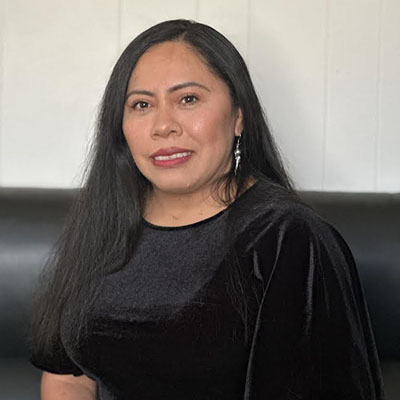
Graciela Salazar
"Women’s leadership in the New York City Council is changing the female perspective of vulnerability giving hope to young women
that their struggle will be worth it. Women in Politics have demonstrated commitment by implementing governance, economic,
environmental, and social justice legislations to community development.
Their invaluable contribution to politics is transforming New York City into a more inclusive and developed society"
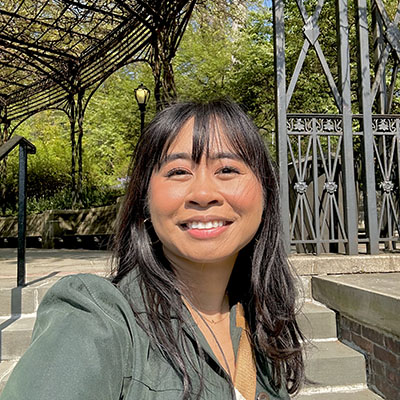
Anna Tresvalles
"I hope that students can learn the ways women help make impactful change in our city through our research,
and how having them in positions in New York means someone is fighting to uplift all of us.
Hopefully we can encourage each other to become more engaged and learn how to advocate for ourselves and our school through their example."
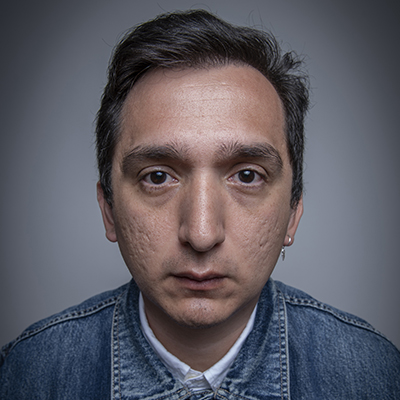
John Puga
"I think it’s important for women of all ages to see a version of themselves in leadership positions.
In doing so it can serve as a source of inspiration, while providing a framework for action and change.
By highlighting these local women in government, I think this project can serve as a catalysis for anyone seeking motivation to
transcend not only their reality, but the community they serve."
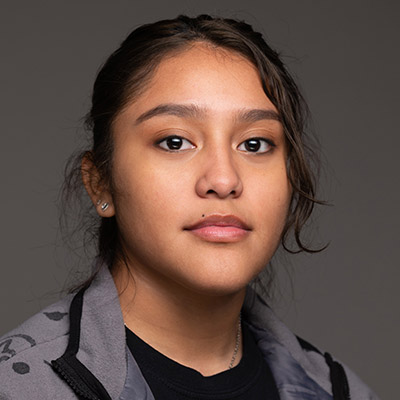
Karina Martinez
"This project meant a lot to me because it allowed me to show people where I come
from. It allowed me to explore and appreciate the beauty of my neighborhood and
capture little details that usually go unnoticed. I’m glad I had an opportunity to document
the changes and evolution of the neighborhood and I'm grateful that I was able to create
a visual record that can be shared with future generations."
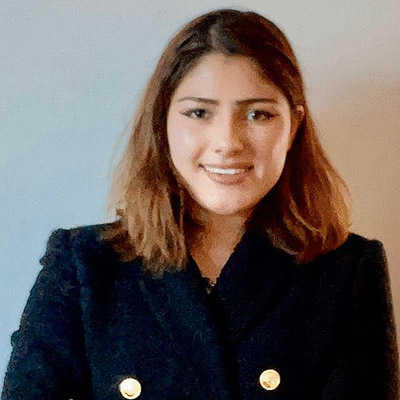
Lucia Chavira
"Women in leadership pave the path towards equity.
Mobilizing generations towards equity is what defines women in leadership.
The importance of humanity and resilience in addressing gender equity is the valuable lesson I learned from the "Women in Government"
project led by Molly Rosner this project.
A transition towards gender equity as a means of combating climate change underscores the important lessons of “opening spaces”
for women in leadership."
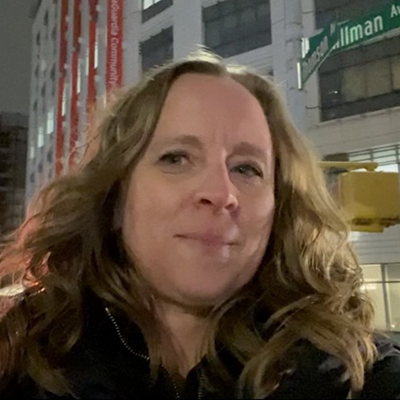
Kelly Landrigan
"Exploring women's representation, parity, and barriers to office has been invaluable to me both personally and academically.
In doing so, we were able to discover how very significant the successes of women are locally and transnationally.
I feel that by working as a team on this project we were able to gain understanding of the collaboration that is key to the amazing work done by the women in our own New York City Council."
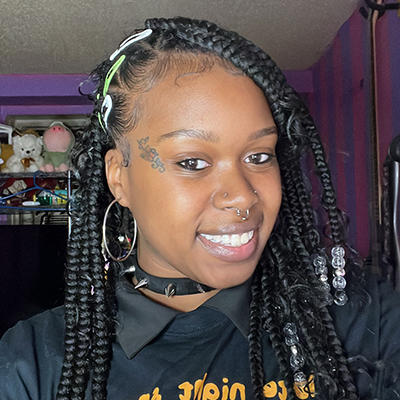
Egypt Thom
" This project has been informative, exciting, challenging and yet also equally rewarding.
When I first agreed to take on the internship I was intrigued by the idea of being able to do my own research as well as the interviews with the council members.
Although I went into the internship interested, I never knew how accomplished I would feel as a result.
Not only will this be a powerful addition to my resume and academic profile, but I can also feel confident with taking part in interviews. "
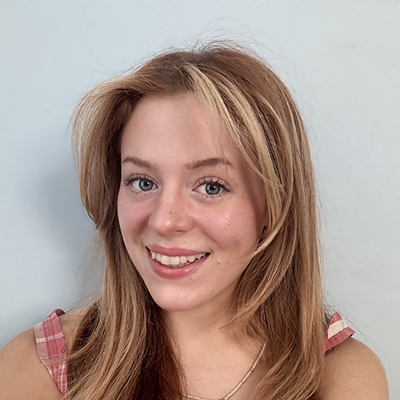
Genevieve Muir
"Through this program, I have been able to hone the research skills that I began learning as a college student.
I have practiced close reading primary sources and using it as evidence to support my claims.
Most importantly, I have learned how to effectively interview a Council Member.
This is a new experience for me and I am extremely grateful for the opportunity to practice interviewing."
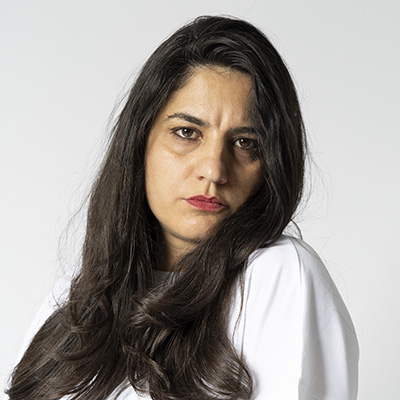
Giulia Armentano
"Photographing Newtown Creek gave me an opportunity to reflect on the relationship between the past and the present….
I hope to continue this project and keep documenting the ongoing challenges of this area, contributing to a broader understanding and appreciation of this unique urban waterway.
Hoping for a cleaner and healthier future for Newtown Creek. "
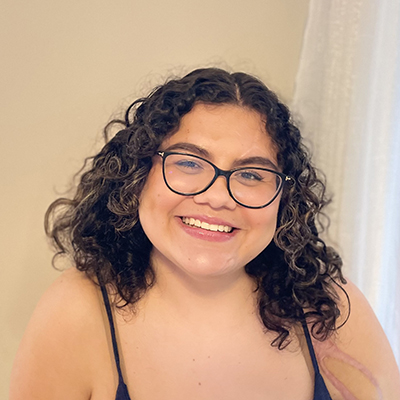
Luana Gonzalez
"In every interview, whomever we spoke to always offered us incredible words of wisdom that inspired me to continue to pursue my degree in political science.
With all the support in research, interviewing, and critical thinking skills that I received through being a part of this project, I have also been able to use these skills in my classes."
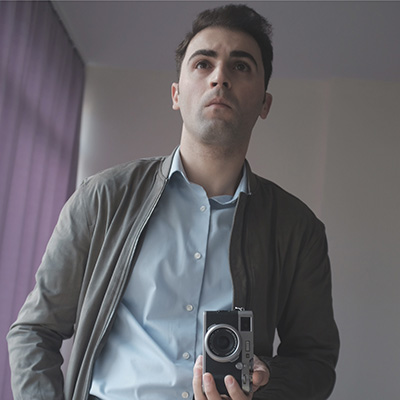
Saed Cena
"You must understand that everything is a process that takes its own time.
It is not that everything happens in a day, a week, or even a month.
I visited different cemeteries, for several days, in Brooklyn, Queens and Manhattan.
I decided to focus on Green-Wood Cemetery, one of the most unique locations in New York City.
Architecture, history, art, the landscape, life and death come together there…
It is deeply human to worry about your future, even after this life. "
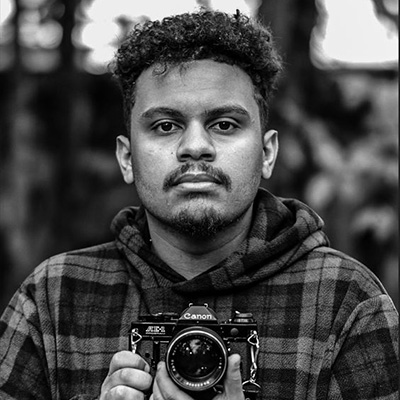
Lenny LC Estrella
"The people [I photographed] might not know about my photographs and if they did, they would be able to reminisce the days when they were able to do stuff like this, when they had no care in the world, and the last time they were able to be happy."